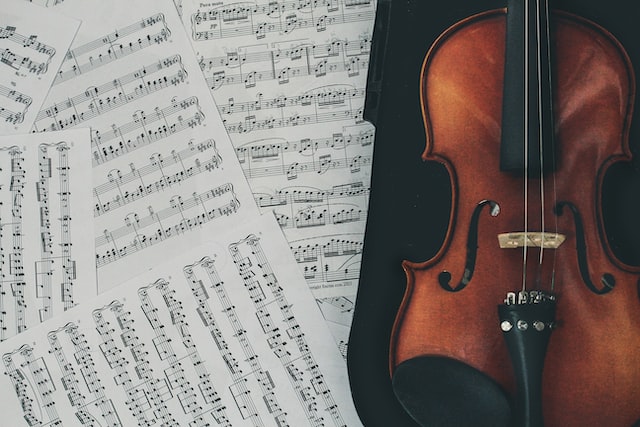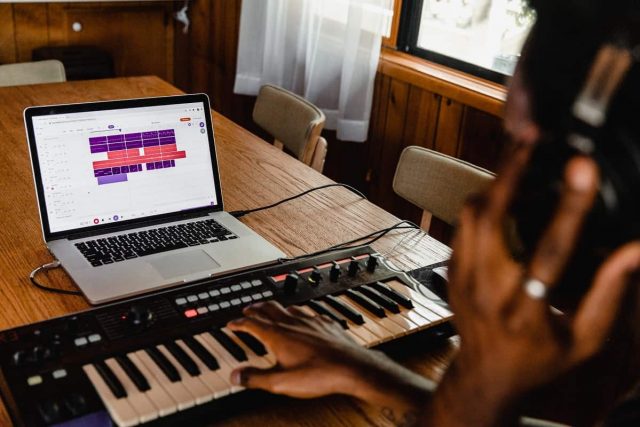Mathematics and music are two subjects, two poles of human culture. Listening to music, we get into the magical world of sounds. Solving problems, we dive into a strict space of numbers. And we do not think about the fact that the world of sounds and the space of numbers have long been adjacent to each other.
Knowledge of the basics of music leads to the development of logically accurate thinking, like mathematics. Festum π say that even in ancient Greece, mathematics and music were called sisters, and since the time of Pythagoras, music, along with arithmetic, geometry and astronomy, was among the studied sciences. You can see this for yourself by coming to one of the concerts in their program.
The language of music and mathematics are the only two languages that representatives of all countries understand, they are two connecting languages that absolutely everyone speaks. That makes them special.

How music affects mathematical abilities
Playing a musical instrument develops “fine motor skills”, which is closely related to areas in the brain. That’s why systematic finger training, playing with both hands at the same time promotes the development of fine motor skills and at the same time develops thinking, memory, mathematical abilities. Music lessons help the harmonious work of both hemispheres of the brain, which increases the overall level of intelligence of the child and academic performance in general.
If you want your child to be distinguished by mathematical abilities, then take him to listen to musical compositions. Music has a positive effect on the development of mathematical abilities. To understand the variety of music and perceive it, you need to catch the rhythm, catch the intonation, melodies. When listening to music, several parts of the brain are immediately involved in the work, which contributes to the development.
What do music and mathematics have in common?
There are many concepts that are common to both music and mathematics. For example:
- Rhythm. Numbers also obey him;
- Fractions. Sound durations are based on fractions, they are easy to translate into numbers;
- Variations. Numbers, like a musical theme, can be written in different ways;
- Parallelism. Different voices in the choir and parts of different instruments in the orchestra do not “overlap”.

Mathematics and music are two systems of thinking that are closely related to each other: music makes a person more confident and emotional, enriches mentally, promotes spiritual development, and mathematics, in turn, is a tool of cognition that embodies order and logic.




